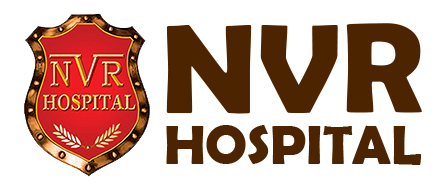Neurological Disorders
What Are Neurological Disorders?
Neurological disorders are medical conditions that affect the nervous system, which includes the brain, spinal cord, and nerves. These disorders can impact movement, sensation, cognitive abilities, and behavior, potentially leading to life-altering symptoms. Understanding neurological disorders is vital for early diagnosis and effective management
Types of Neurological Disorders
Neurological disorders encompass a wide range of conditions. Some common categories include
Degenerative Disorders
Conditions like Parkinson’s disease, Alzheimer’s disease, and multiple sclerosis that progressively damage nerve cells and their connections
Seizure Disorders
Epilepsy is a primary example, characterized by recurrent, unprovoked seizures due to abnormal brain activity
Headache Disorders
Migraines and tension headaches are among the most prevalent neurological issues, affecting millions worldwide
Neuromuscular Disorders
These include conditions like muscular dystrophy and amyotrophic lateral sclerosis (ALS), which affect muscles and their control by the nervous system
Infectious Disorders
Diseases such as meningitis and encephalitis arise from infections that impact the nervous system
Traumatic Disorders
Traumatic brain injury (TBI) and spinal cord injuries result from accidents or physical trauma
Symptoms of Neurological Disorders
Symptoms vary based on the type and severity of the disorder. Common signs include
- Chronic headaches or migraines
- Difficulty with coordination or balance
- Numbness, tingling, or weakness
- Memory loss or confusion
- Seizures or convulsions
Diagnosis and Treatment
Neurological disorders are diagnosed using tools like MRI, CT scans, EEG, and blood tests. Treatment plans are tailored to the specific condition and may include medications, physical therapy, surgery, or lifestyle changes
Importance of Early Detection
Timely identification and intervention can significantly improve outcomes for individuals with neurological disorders. If you notice any concerning symptoms, consult a healthcare professional promptly
Stay informed about neurological health and take proactive steps to ensure your well-being
For any inquiries, please contact our hospital for assistance and care.
